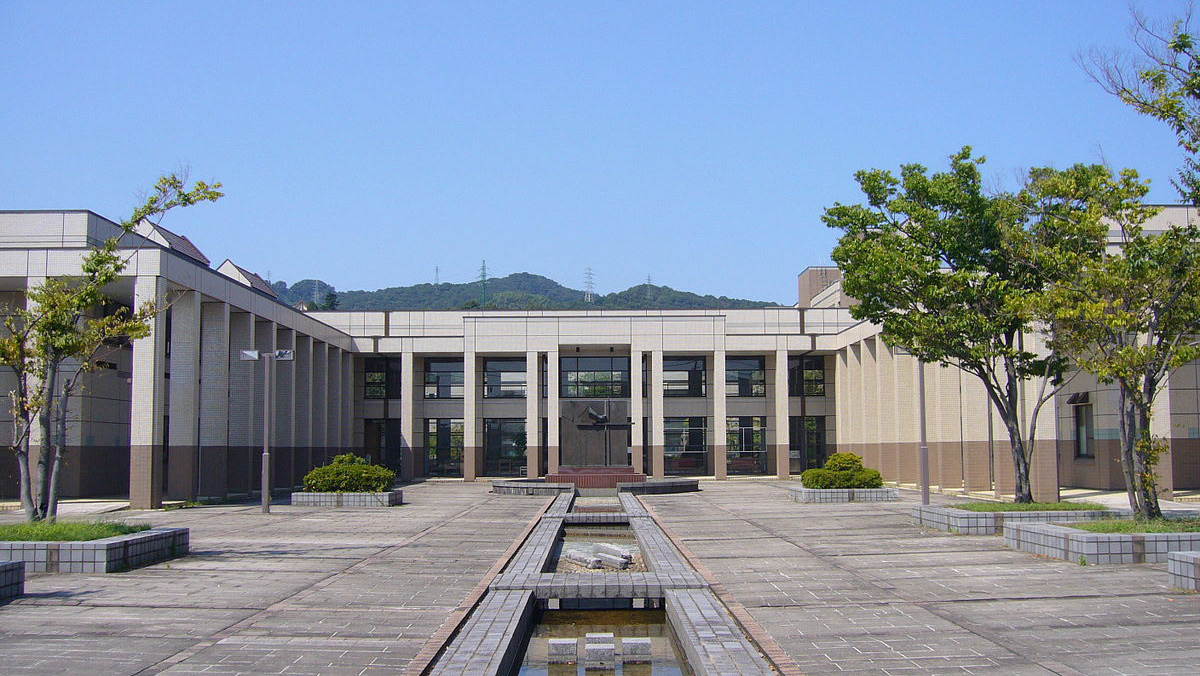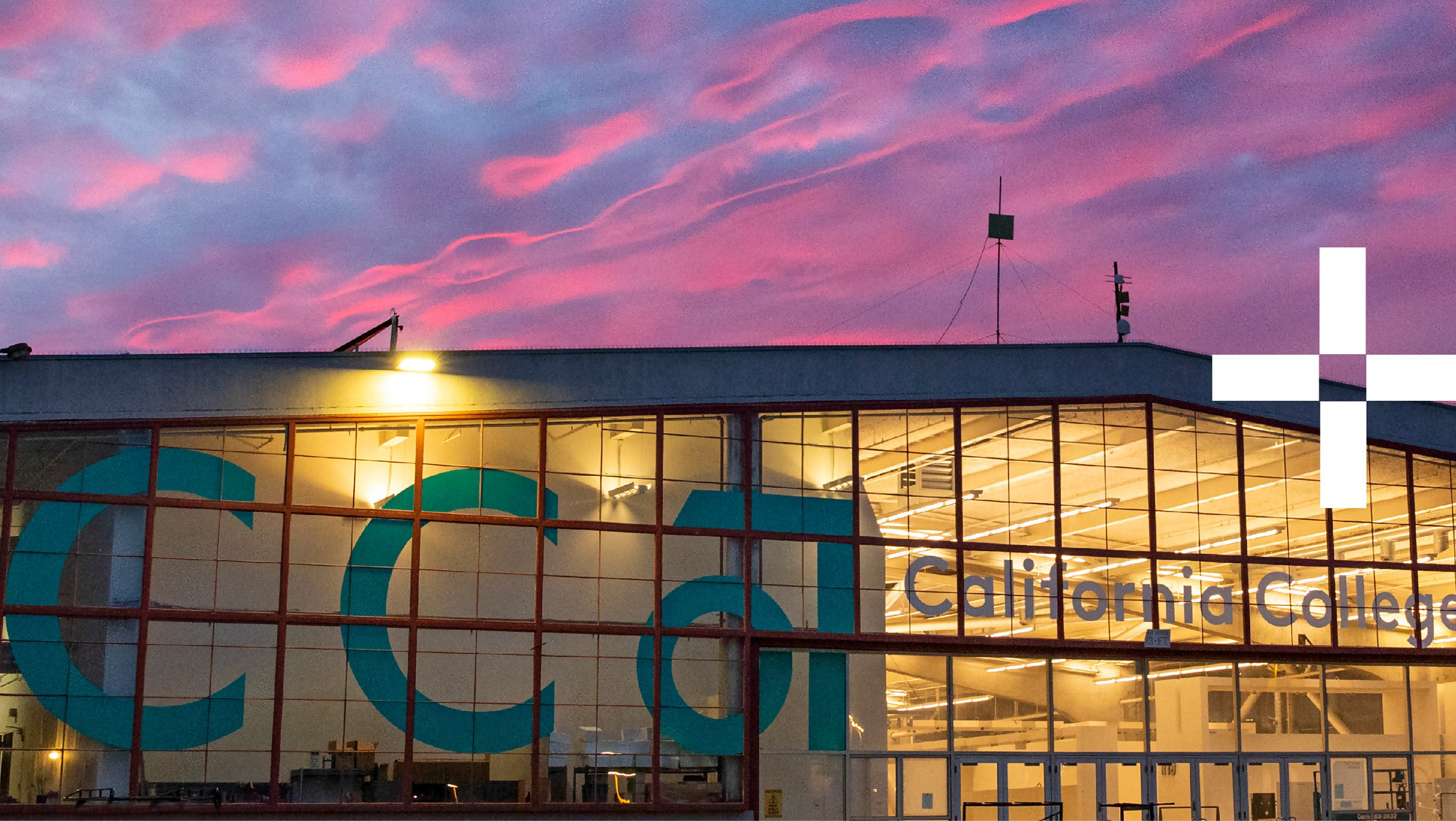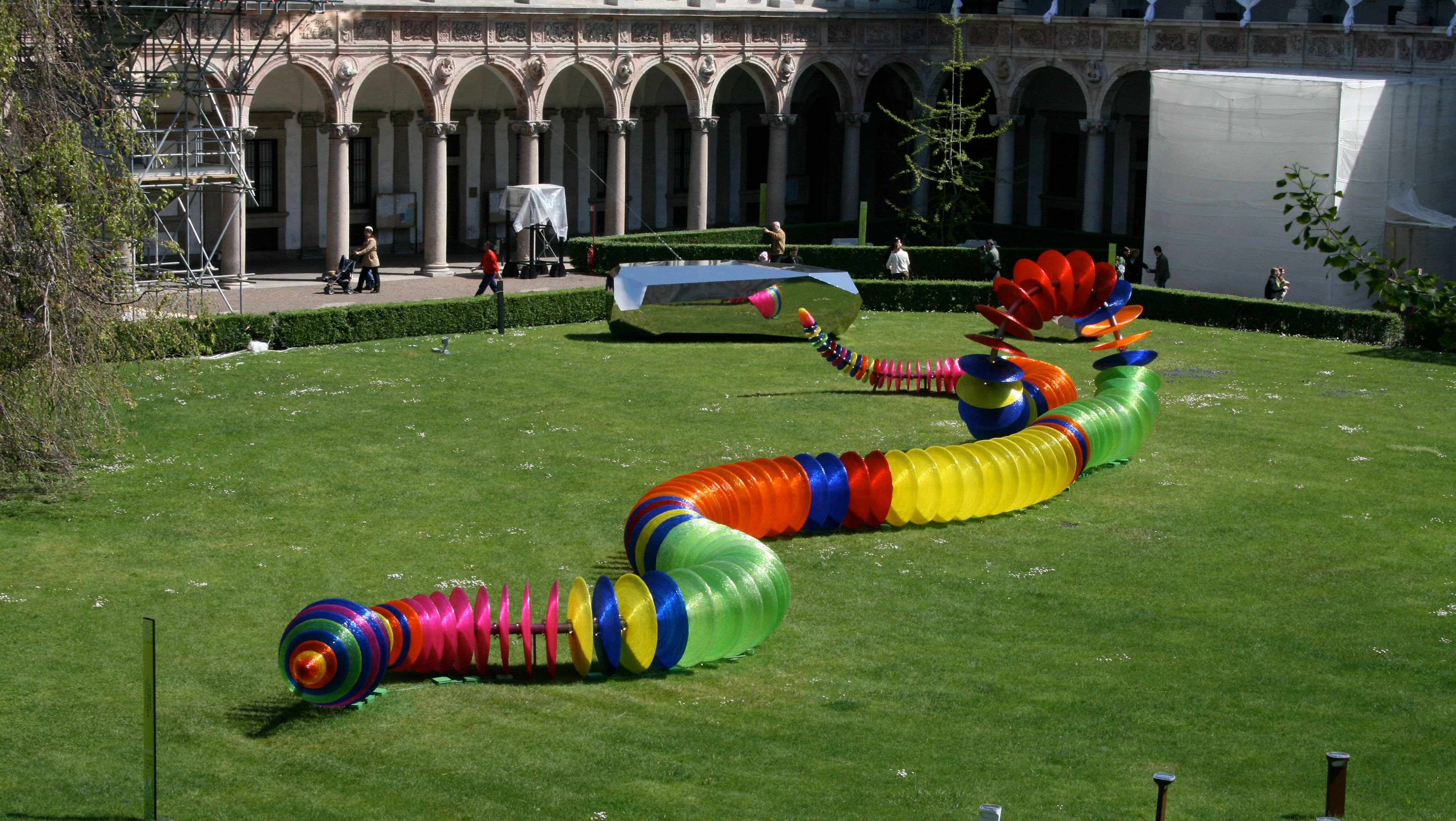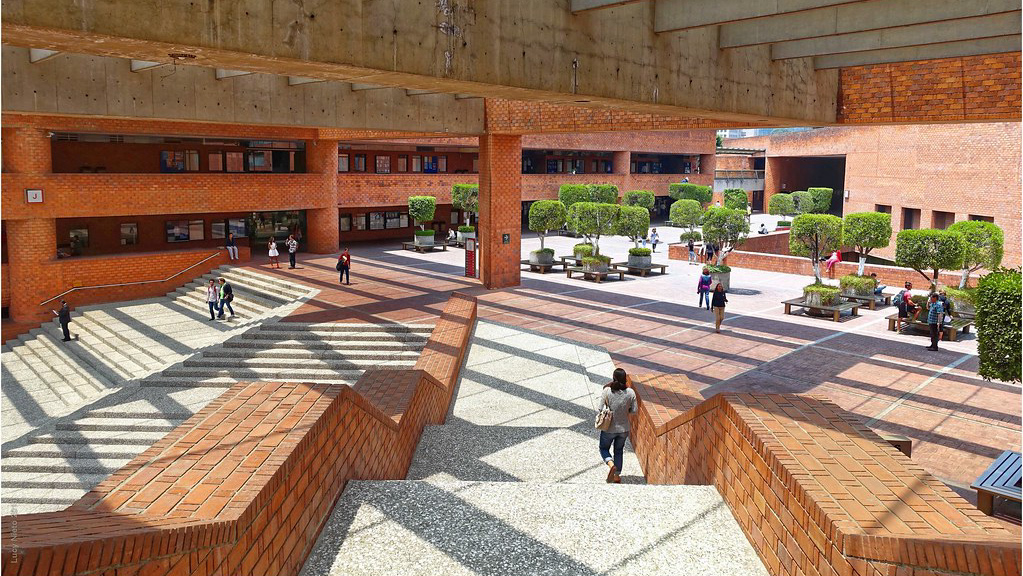ABOUT THE PROGRAM
The Practice Research Symposium (PRS) lies at the heart of a longstanding program that examines what designers actually do when they design, and seeks to develop new and innovative approaches to creative practice.
Held in BAU · College of Arts & Design Barcelona twice a year, and attracting participants from influential academic institutions and practices across the world, the PRS provides an opportunity for shared reflection and dialogue between distinguished practitioners and researchers about design practice.
The Practice Research Symposium features Higher Degree by Research PhD examinations, candidate presentations, a keynote lecture and various social functions associated with the symposium.
In this page I showcase a summary of my contributions in the PRS along my PhD program in Design Research.
BAU College of Arts and Design Barcelona - 2022
MY INITIAL RESEARCH PROPOSAL
“Technology is the answer, but what was the question?” - In 1966, the architect Cedric Price
Impossible ideas met innovation and great technical advances over the past decades. Technology keeps developing at a quick pace, promising to help us live more efficient, more satisfying, and more sustainable lives. Shaping every element of our society, our lives, our workplaces, and our safe haven: home.
Smart home technology is rapidly entering the home, yet most designed user experiences fail to recognize the diversity of people's needs. As more technology comes into our homes, more and more people are relying on technology that does not always prioritize everybody’s needs. More people should be given the chance to question and influence the technology around them.
To get a clear understanding of shared needs, we must face the fact that humanity is diverse. We are old, young, may live with disability and difficulties, and speak multiple languages; we are diverse individuals and communities. We live with other people who have competing needs/responsibilities/characteristics so there is an intersection of needs and interests per household. However, often home technology is designed as if we are all the same.
The needs of groups and communities that experience discrimination and exclusion including people with diverse abilities are largely overlooked and often not taken into consideration for exploration and creation of new home tech. Developing an inclusive and socially impactful offer that embraces diversity and mirrors the needs of society maximizes widespread access and usability, meaning we can reach more people. Although home technologies aim to solve problems and help people and society improve the quality of life, they pose numerous risks, including exclusion.
We are living with technology designed for interaction methods that are optimized for the technology and not for the people. How can design address this problem?
PhD Design research proposal. Pre app - 2022
WORK IN PROGRESS (WIP) # 1
BAU · College of Arts & Design Barcelona, Nov 2023
Humanity thrives in its diversity. We span various ages, speak numerous languages, hail from diverse backgrounds and cultures, and may navigate life with permanent, temporary, or situational challenges. Our diversity enriches our communities. As we live, work, and experience the world, we interact with others whose needs, responsibilities, and characteristics may differ from our own, creating an intersection of varying needs and interests.
While businesses traditionally measure success through profitability and growth, the broader aspects of inclusion and equity often remain sidelined. What if we recalibrated our definition of success to prioritize diversity and cater to those often left on the margins? Envision business strategies that emphasize inclusivity at every stage of product development.
To achieve this, businesses need transformative approaches that facilitate understanding and integration of diverse, inclusive, and equitable design processes. This research wants to bridge this knowledge gap by investigating how businesses can effectively comprehend and assess the effects of embracing inclusive design. By centering innovation around those often overlooked, we not only nurture empathy but also pave the way for a more equal society
PhD Design research WIP #1 - Nov, 2023
WORK IN PROGRESS (WIP) # 2
BAU · College of Arts & Design Barcelona, April 2024
A home is more than a shelter; it serves as a dynamic archive of our lives, encapsulating memories, emotions, and experiences. Through the objects we choose to bring into our homes, we create stories that anchor us to our past, mirror our present, and potentially direct our future. The evolution of home technology design has been shaped by the values of leading tech companies and their visions for the future. These companies have introduced a variety of technologies branded as ‘smart home,’ designed for a streamlined—and idealized—vision of what the home is. This approach inadvertently perpetuates societal exclusions by limiting diverse peoples’ ability to access, utilize, and influence the technological landscape that shapes our existence within our homes. Incorporating diverse perspectives and values may not only open new opportunities for home technology design but may also cast doubt on the very motivations for integrating technology into the home.
What makes a home "smart"? - April, 2024
CONFIRMATION OF CANDIDATURE (CoC)
BAU · College of Arts & Design Barcelona, July 2024
The evolution of smart home technology has been driven predominantly by the values and visions of leading tech companies, often overlooking the diverse needs of people and communities, particularly those who experience exclusion. This research critically assesses IKEA Home Smart projects, where I contributed as a designer, product developer, creative leader, and researcher from 2015 to 2023.
By examining Smart Home products and design frameworks through the lens of Inclusive and Participatory Design, this study aims to explore how the design process and resultant experiences can either empower or exclude underrepresented groups in the creation of home technology designs. The goal is to contribute to the development of more inclusive and equitable homes by examining how incorporating diverse values and perspectives can broaden and deepen our understanding of what makes a home “smart.”
Keywords: Design Research, UX Research, Smart Home, Universal Design, Inclusive Design, Participatory Design, User-centered Design.
Evolution of home technology - July, 2024
WORK IN PROGRESS (WIP) # 3
TBS Education - Barcelona, Nov 2024
“Technology is not neutral. We’re inside of what we make, and it’s inside of us. We’re living in a world of connections — and it matters which ones get made and unmade.” Donna Haraway, A Cyborg Manifesto
In technology philosophy, there are fundamental attitudes towards technology. Some have a more optimistic view, seeing technology as a means to promote growth, learning, and problem-solving. On the other hand, other philosophers offer a critical perspective on technology and show concern that modern technologies can alienate us from genuine, enriching experiences and from the world itself.
While technology can indeed provide us with immediate solutions, it can also lead to a shallow experience if not balanced with deeper, more human-centered experiences.
The technology we bring into our homes act as symbols, telling a story about our past, our aspirations for the future, our relationships, and our personal values, of both the users and the tech creators. As home technology continues to evolve, objects become more than an aggregation of devices and systems. They carry with them centuries of philosophical thought, constantly urging us to remember the ‘human’ in the ‘home’.
Hacking design icons - Nov, 2024
Smarter Home - Nov, 2024
to be continued...





